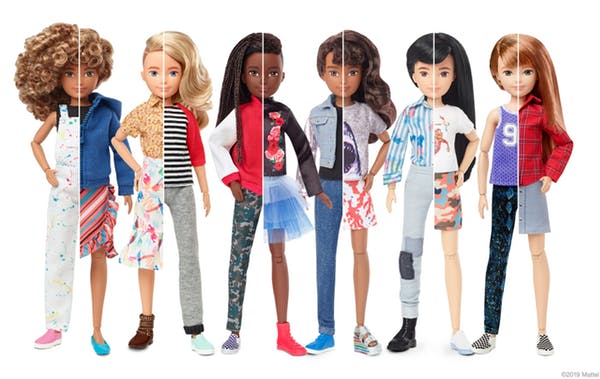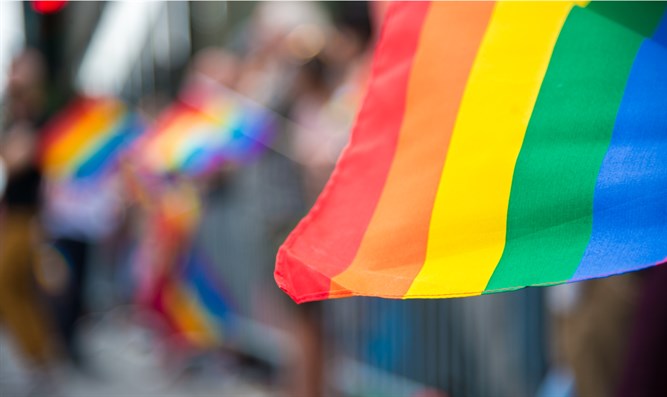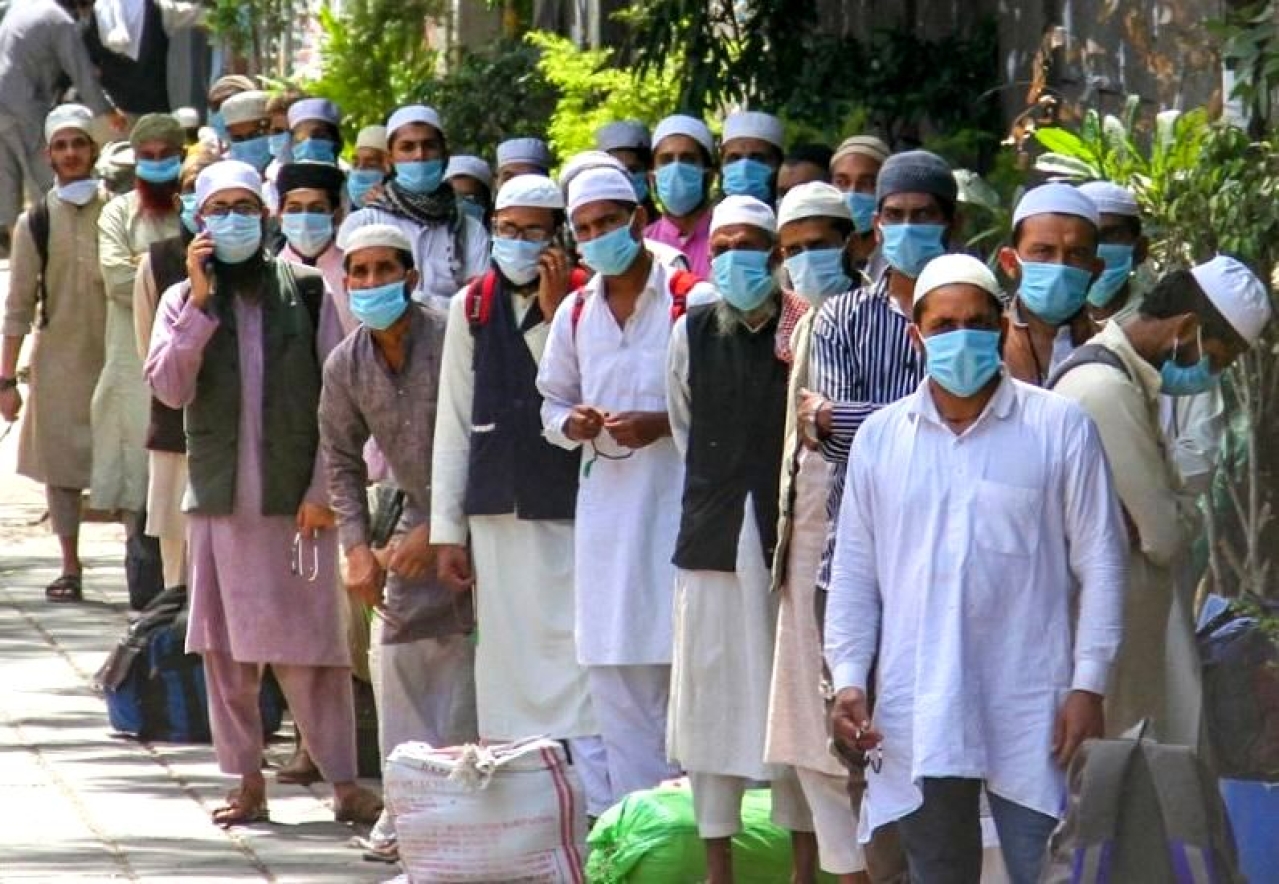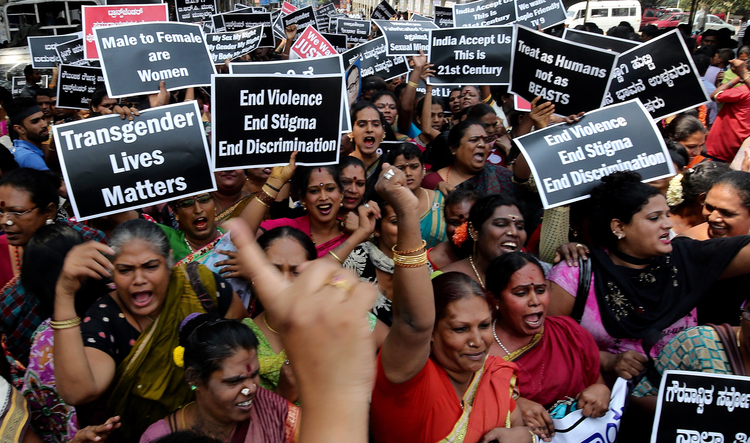GENDER
The Supreme Court recognizes the transgender as a third gender, the irony is that transgender persons face humiliation and negligence in significant aspects of life. The narrative presented by Suchitra Dey recalls the turbulent trials that she underwent to make her voice reach the society.
Nivedita Dwivedi is an Independent Writer. She is working in the field of education and is based in Mumbai.
Suchitra Dey, formerly known as Hiranmey Dey, underwent a sex-reassignment surgery last year. She has an MA degree in Geography as well as in English and has also done her B.Ed. She teaches in a private school in Kolkata. In a recent interview, she talked to The Indian Express about her job interview experiences with some schools around Kolkata.

Recounting her shocking experiences, she stated, “One of the interviewers at a well-known Kolkata school asked me to wear male outfits because all my mark sheets and certificates say that I am a man. In each of these interviews, I faced the worst kind of humiliation. The male principal of one of these schools asked me whether I can bear a child. He also asked me if my breasts are real. Would these questions be asked if I wasn’t a transgender woman?”
With a series of such harrowing experiences and no answers to her questions in sight, she filed a complaint with the West Bengal Human Rights Commission on June 11. In her written complaint, she wrote: “I couldn’t handle the humiliation anymore. The things I have been asked by authorities at “reputed” schools of Kolkata shows the kind of mindset people still hold about our community. If someone like me, who is educated and experienced, has to face this then imagine the plight of those who don’t have the opportunity to go to school, or the ones who have been ostracized.”
Just as a reminder to the readers here: the Supreme Court has, in 2014, lawfully recognized trans-genders as the third gender. However, we are sufficiently aware that such minor legalities do-not make a difference. No matter what the law says on paper, practically the realities of the lives of every Indian citizen are defined by the socio-economic milieu one is born in.
Context, most often, determines the content of an individual’s life. It is an open secret that even after the abolition of untouchability with the enactment of the Constitution, the ground realities for the people belonging to the lowermost castes, which are also devoid of any political and economic clout, has hardly taken a turn for the better.
Similarly, although recognition in law of the transgender community is itself a big step, however it is far too insufficient. If the promise of a dignified life for the transgender community has to be fulfilled, it requires massive transformation of the societal mindset.
Commonly, education is associated with bringing about positive changes in mindsets and in steering the society in a progressive direction. However, ironically, our education system either exists in isolation of the society or alternately is used as a political mouthpiece to steer the society in a direction that the political dispensation of the day desires.
Apart from the above, the aims of education have been completely reduced to just instrumental and material aims. The meaning of education, as commonly understood today, is something that is required for getting a decent job and nothing more than that. The essential aims of education – to help an individual develop a sense of right and wrong, to enable and strengthen the faculties of critical thinking, introspection, decision-making, feelings of humaneness, empathy and a sense of responsibility towards one’s own actions and towards the world – have been diluted to such an extent that they have become non-existent.
In such a scenario, it is but apt that even those who claim to be well educated, and not only that, have been further endowed with the massive responsibility of educating others; should have such mindsets. The most unfortunate part, though, is that this repulsive state of affairs does-not bother enough members of the society, so that a societal change could be brought about.













